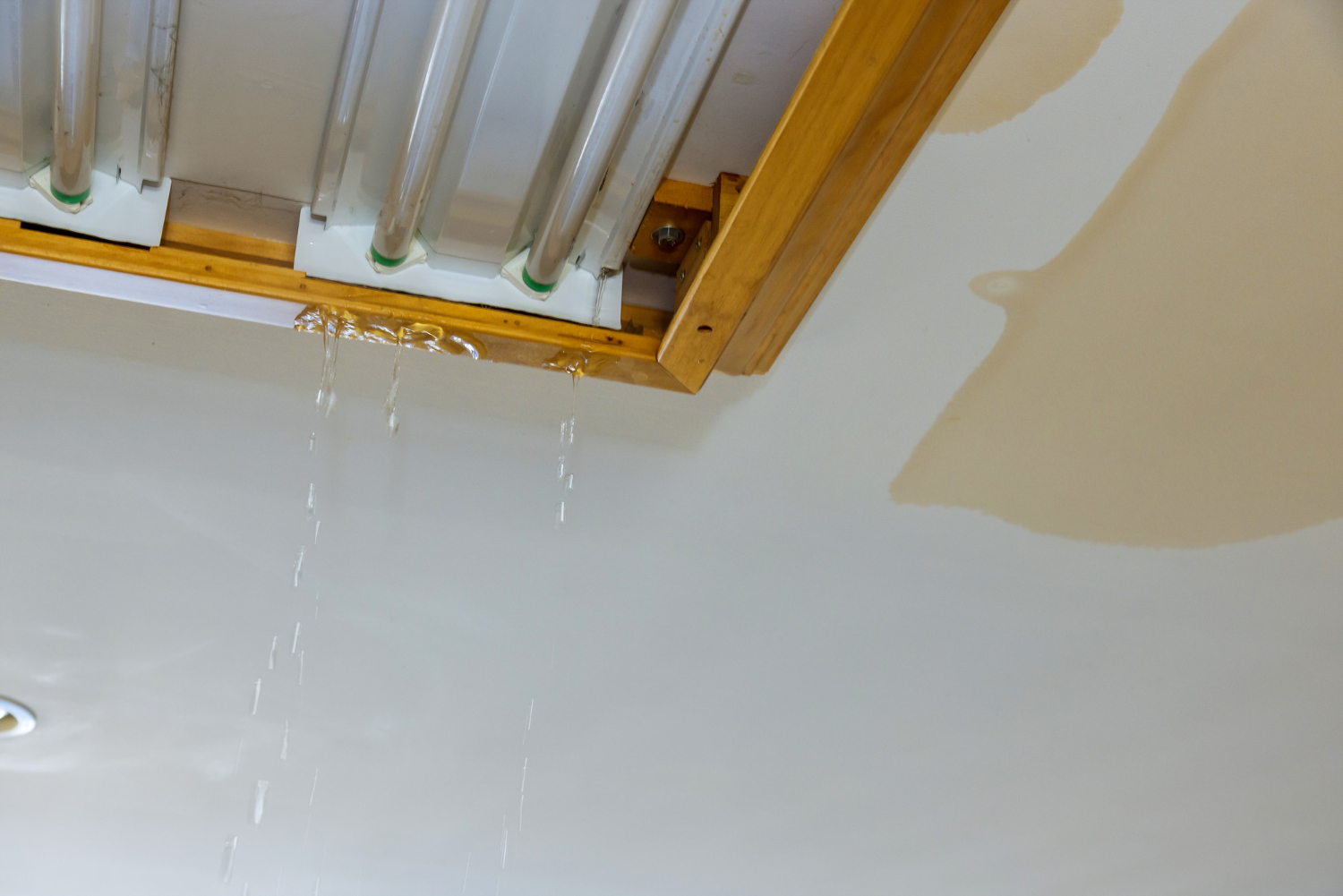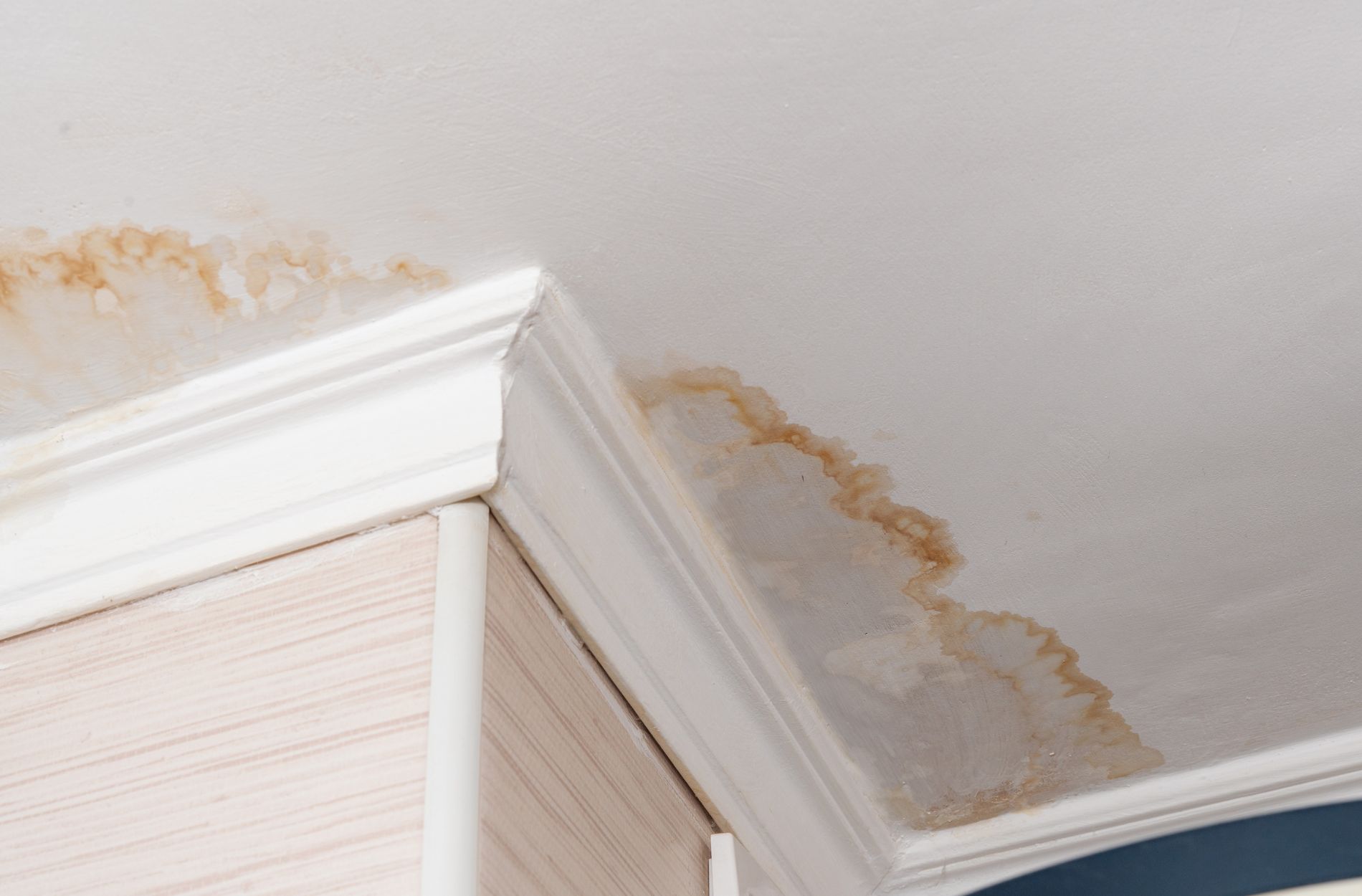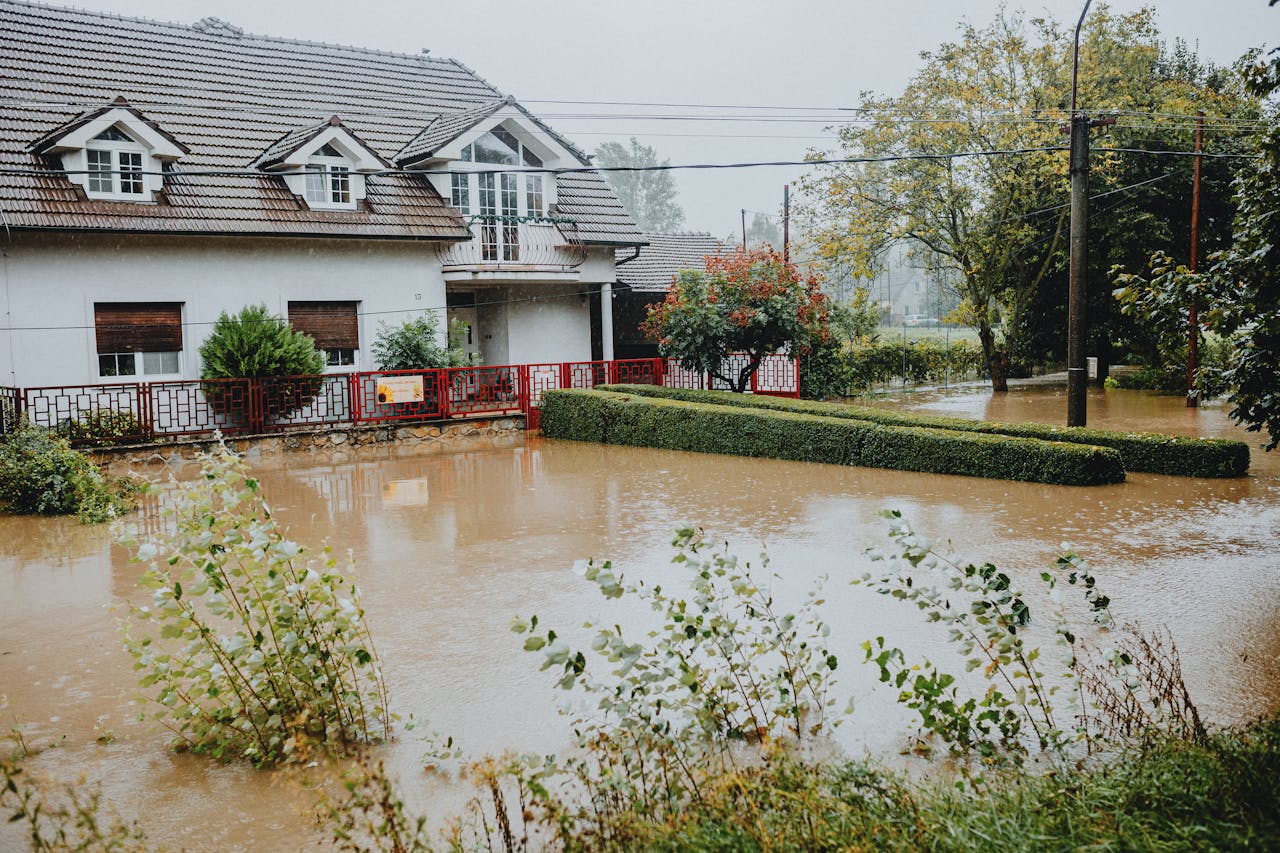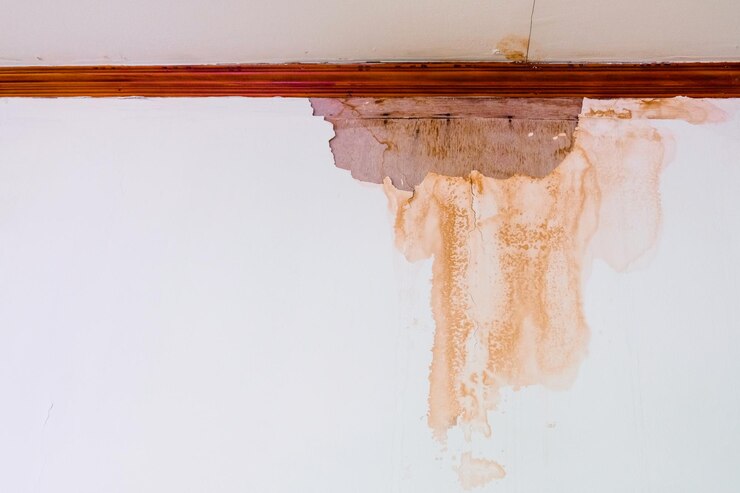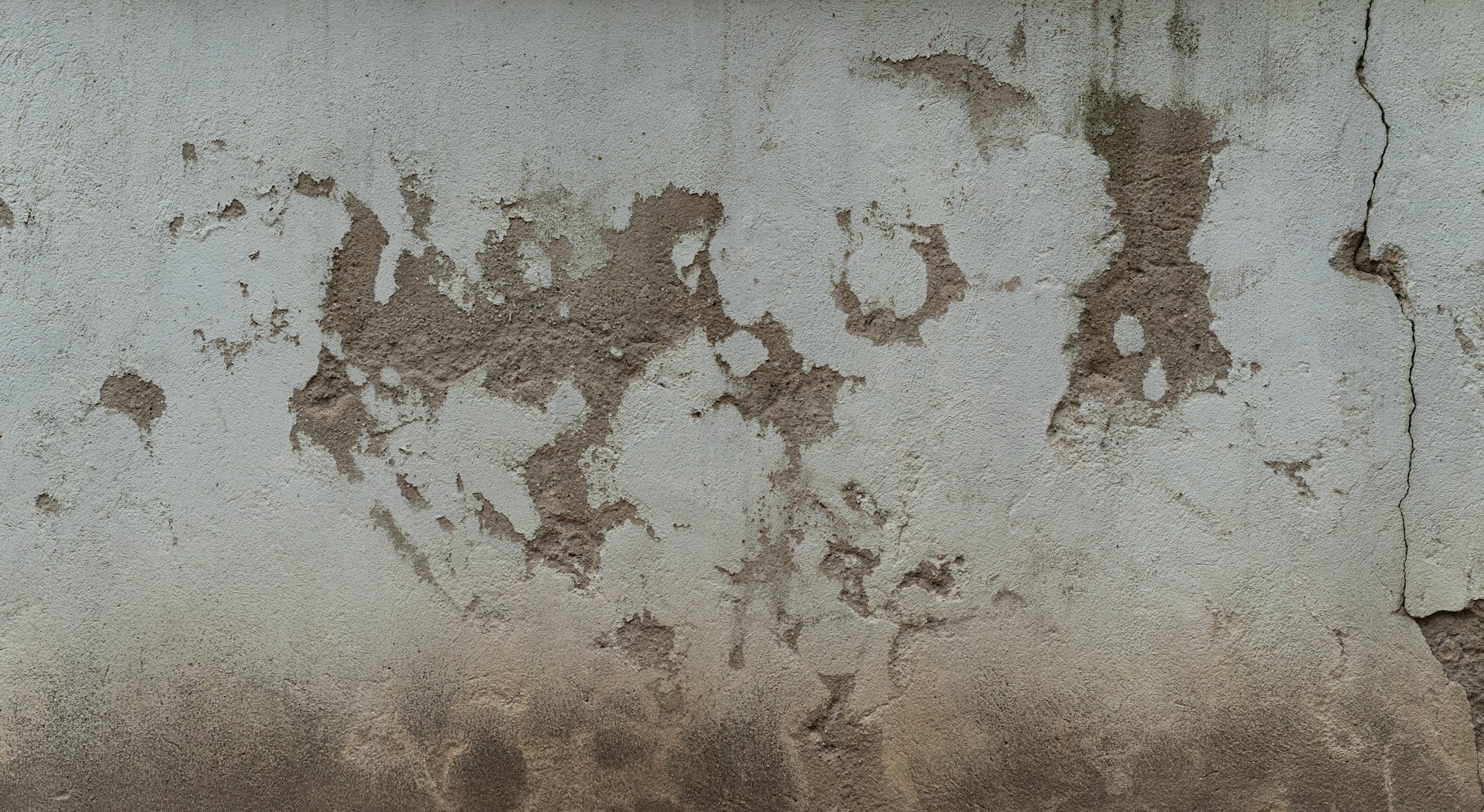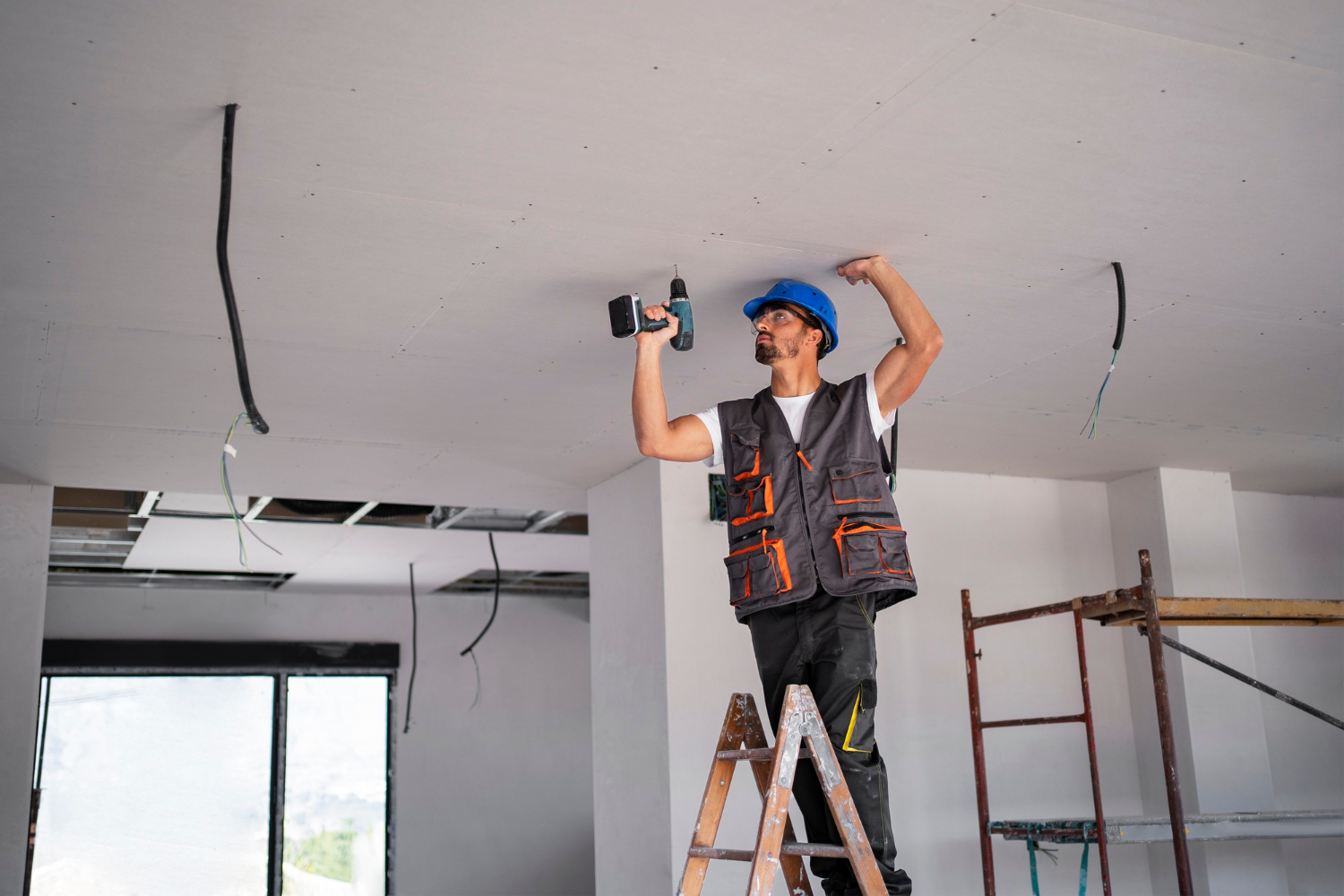Water damage can be a homeowner’s worst nightmare. It can ruin floors, walls, and valuable belongings, and even compromise the structural integrity of your house. Preventing water damage is far easier and less costly than repairing it. By taking a few simple steps and being proactive, you can protect your home from the detrimental effects of unwanted water intrusion.
Regular maintenance and inspections are the first lines of defense against water damage. Ensuring that your roof, gutters, and plumbing systems are in good condition can help you catch potential problems before they turn into bigger issues. Small leaks and drips can lead to significant damage over time if not addressed promptly. Regularly checking your home for signs of water can save you a lot of trouble in the long run.
Effective water management systems are also crucial in preventing water damage. Installing sump pumps, French drains, and using water alarms can help keep water away from your home’s foundation. Proper drainage around your house ensures that rainwater and runoff do not seep into your basement or crawl spaces. By taking these preventive measures, you can maintain a dry and safe home environment.
Regular Maintenance and Inspections
Checking for Leaks and Drips
One of the simplest but most crucial tasks in preventing water damage is regularly checking for leaks and drips throughout your home. Inspect areas under sinks, around toilets, and near any appliances that use water, like dishwashers and washing machines. Even a small, slow leak can cause significant damage over time by promoting mold growth or weakening structural materials. It’s a good habit to check these areas monthly and address any issues immediately to avoid costly repairs later.
Inspecting Roof and Gutters
Another essential part of water damage prevention is inspecting your roof and gutters. A damaged or leaking roof can lead to water seeping into your attic or walls, causing severe damage. Regularly check for missing or damaged shingles and ensure that roof flashing is intact. Gutters and downspouts should be clean and free of debris to ensure proper drainage away from your home. Schedule a thorough inspection at least twice a year, ideally before the rainy seasons begin, to make sure everything is in good working order.
Maintaining Plumbing Systems
Your home’s plumbing system is a common source of water leaks and damage. Regular maintenance can help prevent unexpected issues. Make sure to check for signs of corrosion or leaks in exposed pipes and replace any old or worn-out pipes. It’s also a good idea to have a professional plumber inspect your system at least once a year. They can identify potential problems that might not be visible to the untrained eye. Proper plumbing maintenance is a key element in keeping your home safe from water damage.
Effective Water Management Systems
Installing Sump Pumps and French Drains
Installing sump pumps and French drains can effectively manage water around your home. Sump pumps are particularly useful for homes with basements, as they can quickly remove accumulated water and prevent flooding. Place the sump pump in the lowest part of your basement for maximum effectiveness. French drains, on the other hand, help divert water away from your home’s foundation by allowing water to flow through a gravel-filled trench. Both systems are excellent ways to keep your home dry and protected.
Using Water Alarms and Leak Detectors
Water alarms and leak detectors are small devices that can make a big difference in preventing water damage. These gadgets alert you to the presence of water in areas where it shouldn’t be, giving you a heads-up to take action before significant damage occurs. Place them near water heaters, sump pumps, or any water appliances. Some advanced models can even send alerts to your phone, ensuring you’re notified immediately, no matter where you are. Using these devices adds an extra layer of protection for your home.
Ensuring Proper Drainage Around the House
Proper drainage around your house prevents water from seeping into your foundation. Make sure the land around your home slopes away from the building to help divert water. Check that your downspouts extend far enough away from the foundation, ideally about six feet or more, to ensure water is effectively carried away. Regularly inspect and clean any drainage systems you have in place, such as French or trench drains, to ensure they function correctly. Proper drainage is essential for keeping your home safe from water damage.
Protecting Vulnerable Areas
Sealing Windows and Doors
One of the best ways to protect your home from water damage is by sealing windows and doors properly. Cracks and gaps around these areas can let water seep in, especially during heavy rain or storms. Use weatherstripping or caulking to seal any openings. Check for damaged seals regularly and replace them as needed. Installing storm windows can also provide an extra layer of protection against water intrusion. A well-sealed home keeps water out and helps maintain a comfortable indoor environment.
Using Water-Resistant Materials
Using water-resistant materials in moisture-prone areas can significantly reduce the risk of water damage. Opt for vinyl flooring, waterproof paint, and moisture-resistant drywall in bathrooms, basements, and kitchens. These materials are designed to withstand exposure to water better than their standard counterparts. By choosing water-resistant options, you can minimize damage should water get into these vulnerable areas. It’s a simple but effective way to add an extra layer of protection to your home.
Protecting Basements and Crawl Spaces
Basements and crawl spaces are particularly susceptible to water damage. To protect these areas, make sure they are properly sealed and insulated. Install a vapor barrier to prevent moisture from seeping through the walls or floors. Consider using a dehumidifier to keep the air dry and reduce the risk of mold growth. Regularly check for signs of water intrusion, such as damp spots or musty odors, and address any issues immediately. Taking these steps helps keep these lower levels of your home dry and safe.
Preventive Actions During Severe Weather
Preparing an Emergency Kit
An emergency kit can make all the difference during severe weather events. Your kit should include essential items like bottled water, non-perishable food, flashlights, extra batteries, a first-aid kit, and important documents in a waterproof container. Keep the emergency kit in an easily accessible location so you can grab it quickly if needed. Being prepared ensures that you have everything you need to stay safe and comfortable during a storm or power outage.
Clearing Gutters and Downspouts Before Storms
Before any forecasted storms, take the time to clear your gutters and downspouts. Blocked gutters can overflow and lead to water damage both inside and outside your home. Ensure that water flows freely away from your house by removing any leaves, twigs, or debris. Use a hose to flush out small particles that may be blocking the downspouts. Taking this preventive step can help avoid potential water damage during heavy rain.
Shutting Off Water Supply During Extended Absences
If you plan to be away from home for an extended period, shutting off your water supply can prevent any unexpected leaks or bursts from causing extensive damage. Locate your main water shut-off valve and turn it off before you leave. This simple action can save you from returning to a flooded home. Additionally, consider draining your pipes by running faucets until the water stops. Doing so ensures that even if a pipe does burst, it won’t result in serious damage.
Final Thoughts
Preventing water damage requires a proactive approach and regular maintenance. By checking for leaks, inspecting roofs and gutters, and maintaining plumbing systems, you can catch potential problems early and avoid costly repairs. Effective water management systems, such as sump pumps and French drains, can protect your home by keeping water away from vulnerable areas. Additionally, sealing windows and doors, using water-resistant materials, and safeguarding basements and crawl spaces add extra layers of protection.
Taking preventive actions during severe weather, like preparing an emergency kit and clearing gutters, ensures you’re ready for any situation. Shutting off the water supply during long absences can also prevent unexpected issues. Together, these strategies help keep your home safe from water damage.
All Around Home Solutions can assist you if you need expert help with water damage prevention and home maintenance. Contact us today to ensure your home remains dry and protected.

